Donald Trump told reporters this week that he deserved the Nobel Peace Prize for helping to free some of the Israeli hostages in Gaza. But, he went on, “they’ll never give it to me.” Trump’s chances of putting on white tie and tails in Oslo have receded to a distant speck with his plan to Make Gaza Great Again — by removing the Palestinians.
This proposal may have doomed the brittle ceasefire and jeopardized further hostage releases. It has made the prospect of a deal between Saudi Arabia and Israel vanishingly small. It might also end up destabilizing Jordan and Egypt. But the agent of chaos in the Oval Office is doubling down and no one, least of all Trump, knows how this will end. The greatest uncertainty of all surrounds the question of Trump’s intentions towards Iran.
Although Trump read from a script when announcing the US Gaza takeover, it did not look like much forethought had gone into the idea. Trump’s own senior staff seemed to be taken by surprise. For a few days it appeared this might be another crazy Trump idea that is quickly forgotten. Officials began a tentative walk-back, but all week Trump has continued to publicly muse about Gaza: “We’re going to take it, we’re going to hold it, we’re going to cherish it.” In response to a reporter’s question — almost, it seemed, on the spur of the moment — he said Egypt and Jordan would have to take the Gaza refugees, and could lose American aid if they refused. “They say they’re not going to accept them. I say they will.”
King Abdullah of Jordan tells a story about when his father, King Hussein, first took him to meet an American president at the White House. In the limo on the way over, the old King did an impression of Dr. Evil from the Austin Powers films and, little finger touching his mouth, proposed they demand “ONE MILLION DOLLARS.” No doubt King Abdullah’s mood was less jolly this week. He has to persuade Trump to keep paying $1.5 billion a year in aid. But the King can’t add to the millions of Palestinian refugees already in Jordan. It would upset the delicate balance with the tribes that keep him in power. One well-connected observer in Amman told me the pain of losing US aid would be severe but the Jordanian economy could survive. It was unthinkable for Abdullah to capitulate to Trump. He was right: this is an existential issue for the Hashemite throne.
Egypt gets $1.7 billion a year in US aid. In the classic way of Arab strongmen, Egypt’s president, Abdel Fattah al-Sisi, has deflected anger about rising prices and falling wages by attacking Israel. He couldn’t now be seen to help in the “ethnic cleansing” of Gaza. Nor could he accept hundreds of thousands of refugees who would include Hamas allies of the Muslim Brotherhood (overthrown by Sisi in what the US still refuses to call a coup). For Israel’s cheerleaders, there’s delicious irony in the leaders of Egypt, Jordan and Saudi Arabia refusing to welcome Gazans to what Trump implausibly says would be “nice homes… where they can live a beautiful life.” But it can be tough being a US ally at the moment — ask Canada and Denmark — and so far Trump is giving friendly Arab states nothing to work with.
Trump was asked by reporters at the White House if the Saudis were demanding a Palestinian state. He replied simply, directly and untruthfully: “No, they’re not. No.” The response from Riyadh was swift — issued in just 45 minutes — and icy. Mohammed bin Salman said the kingdom would continue its “relentless” efforts to create an independent Palestinian state and “will not establish relations with Israel without that.” The foreign ministry said this was “non-negotiable” and “not subject to compromise.” The position had been “previously clarified” to US governments many times.
Perhaps the Saudis were irked that Trump expects them to pay to clear up the rubble in Gaza, before Israel hands over a pristine beachfront to the US. Perhaps, like the rulers of Jordan and Egypt, MBS fears the reaction of the Arab Street. Before October 7, Saudi Arabia was getting ready to agree formal diplomatic ties with Israel; now the Saudis are reverting to the Arab nationalism of generations past. MBS may feel that with Iran and their Lebanese militia, Hezbollah, weakened by Israeli attacks, he no longer needs a deal to normalize relations. A handshake with Israel’s prime minister, Benjamin Netanyahu, on the White House lawn is currently inconceivable. Egypt has convened an emergency summit of Arab states to oppose the Gaza “plan.”
I spoke to one Gazan who likes the idea of being able to leave, even if that meant never coming back. Waleed — as he asked to be called — is an anti-Hamas activist in his twenties. He posts on X in Arabic using his real name and photograph, but is afraid that openly criticizing Hamas in the western media would be too dangerous. He told me that Hamas had committed “suicide” with the October 7 massacre, taking the whole of Gaza with them. He is angry at Israel, too: he and his family went back to their home in northern Gaza recently to find the whole neighborhood flattened. “All we saw [in northern Gaza] was destruction. It is not possible to live there, just as President Trump is saying.”
For Waleed, leaving Gaza would be a “hard, hard” decision to take, but he believes his life is worth more than land. He thinks a great many other Gazans want to go too, but he also acknowledged that many would stay, whatever the golden future elsewhere promised by an American president. That being so, only a brutal forced evacuation — a war crime — could create the Gaza “Riviera” that Trump imagines. The idea is a fantasy. On some level Trump knows this. In familiar fashion, he is trolling people, or as his supporters would have it, playing 4D chess, a bit of creative destruction to upset the board and reset the pieces.
Trump’s new deputy special envoy for the Middle East, Morgan Ortagus, explained this in a TV interview. The president wanted to overturn “fifty years of war and chaos in the Middle East,” she said. Ortagus has the big hair and glossy lips of the Fox News talking head, and “Miss Florida Orange Blossom” she once was. But her path into the White House was harder than this resume would suggest. In some ways, she’s a conventional figure from the US foreign policy establishment — the same establishment that loves the foreign wars Trump says he hates.
Trump announced her appointment in a lukewarm post on his Truth Social. Ortagus had once opposed him, he said, “but hopefully has learned her lesson.” He went on to say that he’d given her the job because she had strong Republican support. “These things usually don’t work out… Let’s see what happens.”
How could a foreign policy interventionist serve so happily in the Trump White House, apart from careerism? Ortagus tweeted to Trump that “under your leadership, our enemies will fear us again… Iran will be in a box again.”
Trump himself told Fox News this week that Iran was very nervous (“I think they’re scared”). He went on: “I would love to make a deal with them without bombing them.” If the mullahs find this less than reassuring, they are right to be worried. A book by Peter Bergen, Trump and his Generals: the Cost of Chaos, reveals that in his first term Trump asked for “military options” to attack Iran, to stop them getting a nuclear weapon. Bergen writes that Trump’s defense secretary at the time, General James Mattis — the designated grown-up in the room — “simply ignored” the president’s directive.
The book has other revealing stories. Gaza is not the first population transfer Trump has proposed. During that first presidency, he reportedly said he wanted to move the ten million people of Seoul because they were “too close” to North Korea. He wasn’t joking. And Trump blindsided his senior officials when he backed the Saudi blockade of Qatar, home to the largest US military base in the Middle East. According to a source for the book, Mattis — again — and also the secretary of state, Rex Tillerson, reacted to say: “Holy fuck. This can’t last. This is literally insane.” That could stand as the epitaph for the Gaza plan, too.
Will Trump bomb Iran now because they — allegedly — tried to kill him? The US government has charged an Afghan man with preparing to assassinate Trump during the election campaign, on orders from Iran’s Revolutionary Guard. The story was curiously under-reported, perhaps because the plot seemed a bit half-arsed, the man supposedly being given just a week to surveil and kill Trump. The alleged assassin is back in Iran now and the Iranians say the claims are “completely baseless.” However, Axios reports that the threat was far more serious than previously thought. It says Trump was told that Tehran had operatives in the US with surface-to-air missiles. His team were so worried that he flew on a decoy plane. (This “infuriated” the staffers who were left to be sacrificed on “Trump Force One.”)
Trump has publicly stated that he has left orders for Iran to be “obliterated” if he comes to any harm. He could simply be trying to push Iran into a new agreement not to build a nuclear bomb. Just the same, the Gaza “plan” could be a provocation designed to set up negotiations that would achieve a lasting settlement in the Middle East. That really could give Trump a shot at the Nobel Peace Prize. The Arab leaders certainly hope the Gaza “plan” will simply fade away, like so many of Trump’s pronouncements. But with ideas for the Middle East like his Gaza “Riviera.” Trump is letting off fireworks in a building full of nitroglycerine. It’s not clear who, in this administration, are the designated grown-ups in the room to stop him.












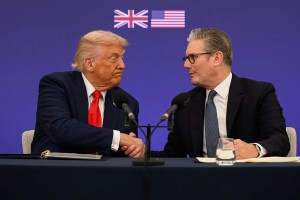

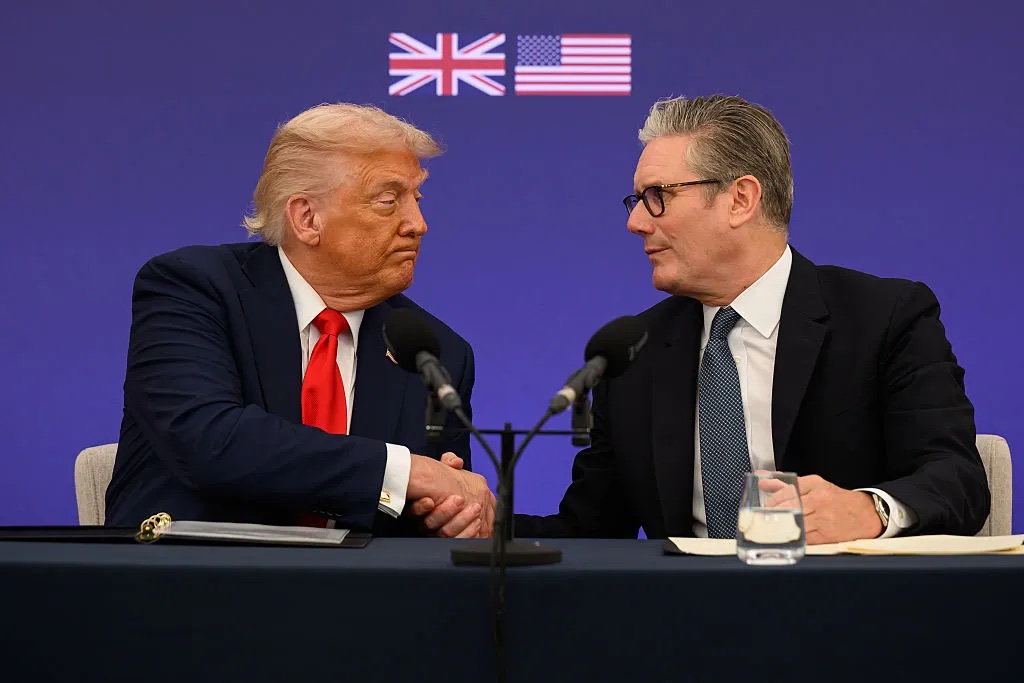
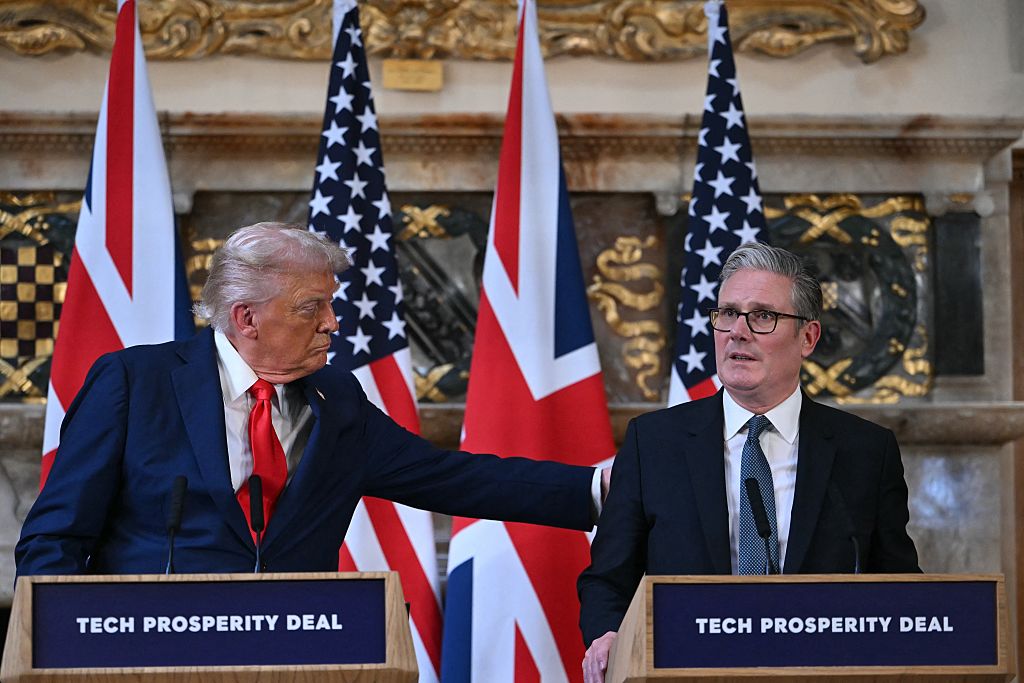
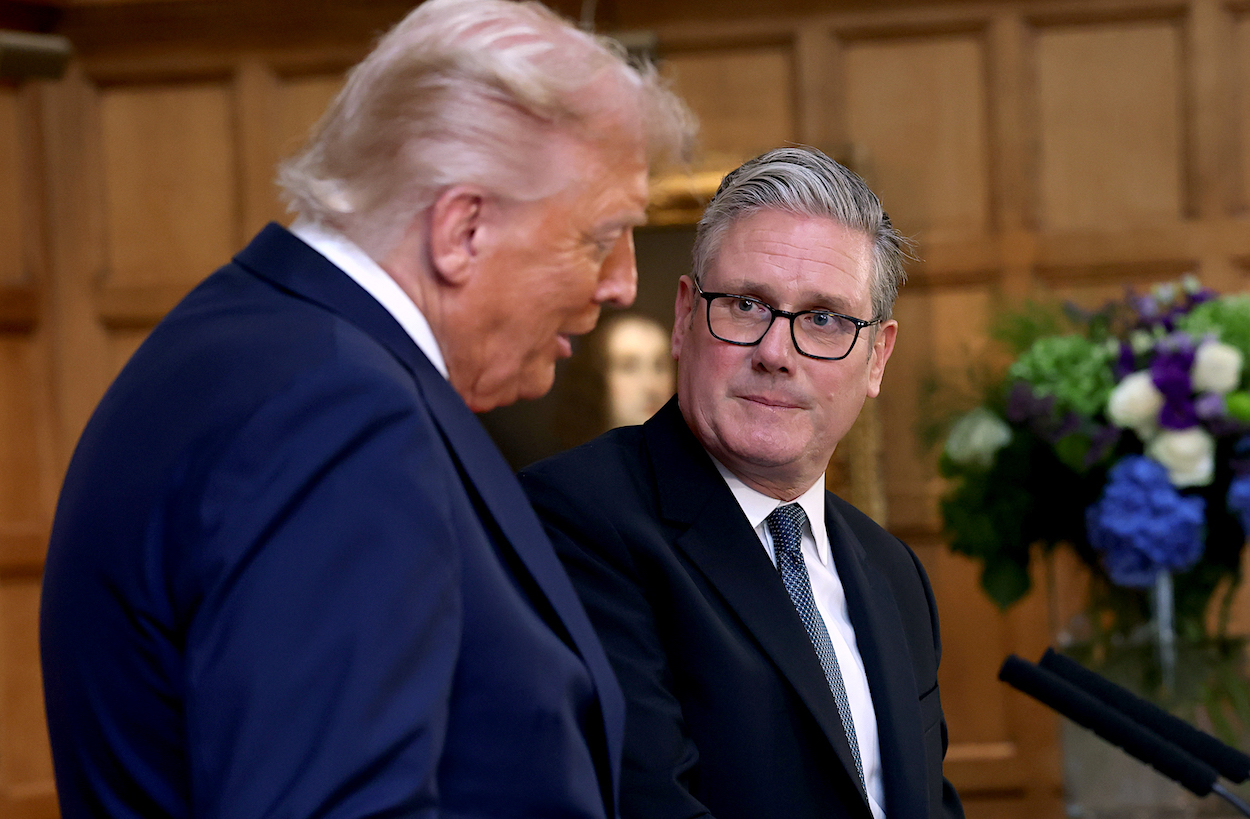

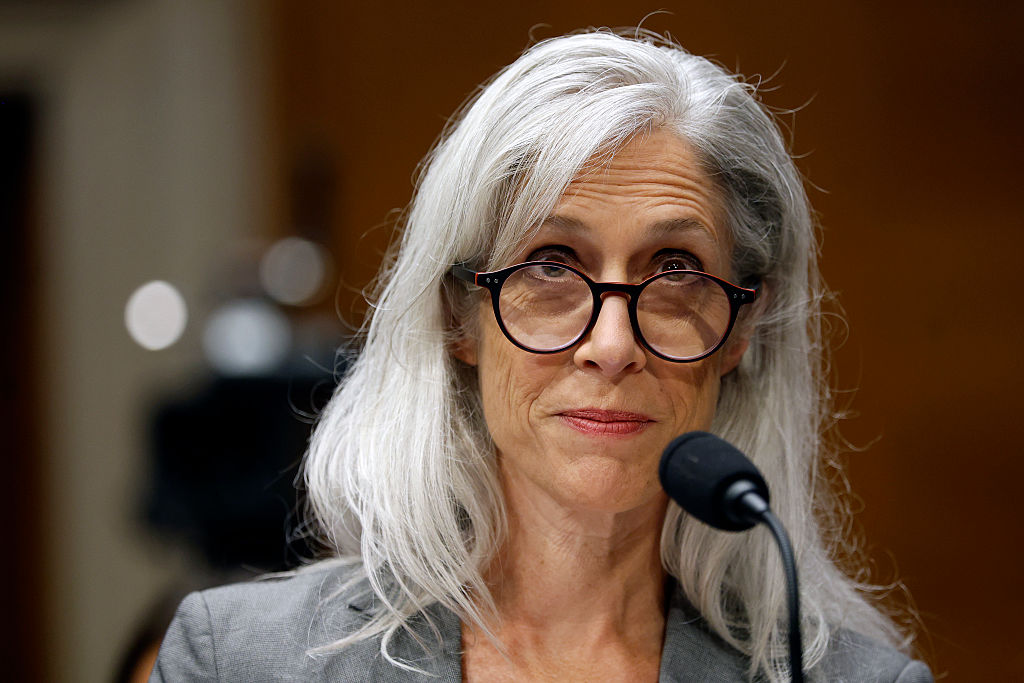







Leave a Reply